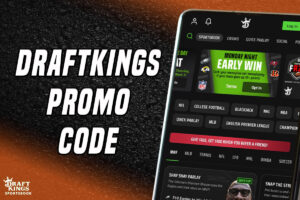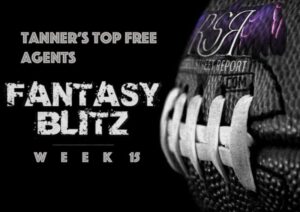Would you let your kids play football? That is the hot question nowadays.
As Ravens fans, we’re one of the very few fan bases that still appreciates a good defense. We love hard hits, especially at our opponents’ expense. The problem is, the multiple concussions caused by defensive hard hitters such as Ray Lewis, Ed Reed, or Bernard Pollard can cause potential life altering brain injuries to both the person doing the hitting and their victims.
Hard hits do more than strike fear into opponents, they’re great for ratings too.
One of ESPN’s best segments during their Sunday NFL coverage was Jacked Up, a highlight reel montage of the hardest hits from the day. The analysts would show the hit, and then simultaneously say, “[Victim’s name], you got jacked up!” Even though major hits still make it onto the highlight reel, ESPN has since cancelled the segment so as to not promote potentially dangerous plays.
The men fans label as warriors are human as well. They have families, they’re someones son, father, brother. While they get paid millions of dollars to play a game, they’ve also subjected themselves to potentially life-threatening injury.
During media sessions at this year’s Super Bowl in New Orleans, almost every player has been asked to comment on President Barack Obama’s remarks in an interview with The New Republic.
“I’m a big football fan,” Obama said during the interview. “But, I have to tell you, I’d have to think long and hard before I let [a son of mine] play football.”
The reason parents question letting their children play the game is because they don’t want to see their loved ones on the receiving end of a hit from players like Pollard, whose knockout blow on Patriots running back Stephan Ridley in the AFC Championship Game caused a key fumble. Many cheered as loud for the hit as the actual turnover itself. That play is a big reason the Ravens were able to advance to the Super Bowl.
Pollard, a father, was asked if he would let his son play football.
“My son will be five in a couple days,” he said during his Media Day podium session. “He wants to throw the football and be tackled. I see it in him. My wife and I talk about it all the time. I know the concussions can happen anywhere. I don’t want to see my son go through that.”
Pollard’s fellow safety in Baltimore, Reed, echoed some of the same sentiments.
“I’m with Obama,” Reed said. “I have a son. I am not forcing football on my son. If he wants to play it, I can’t make decisions for him. All I can do is say, ‘Son, I played it, so you don’t have to.'”
The major problem with football is that the strike zone for hits is going to be changed, but for players like Pollard and Reed, both in their 30’s, this is how they’ve played their entire lives.
Ravens coach John Harbaugh had a different take, echoing some sentiments expressed by his brother, and opponent in Sunday’s Super Bowl, 49ers’ coach Jim Harbaugh.
“I don’t agree with that,” John said before preaching about the character building the game of football can have. “Football is a great game. Anybody that’s played the game knows what a great game it is. What it provides for young people, what it provies for people like me is an opportunity to grow as a person. It’s challenging, it’s tough, it’s hard. There’s no game like football. It’s the type of sport that brings out the best in you. It kind of shows who you are.”
The responses above are just a few of many that have been documented from the two Super Bowl participants. The question is, if you’re a parent, do you let your son play football? And if you don’t have a son but plan on doing so one day, will you let him play?
Risks of serious injury can happen in any sports, but when so many heads collide in football, is it more dangerous or just part of America’s game?








